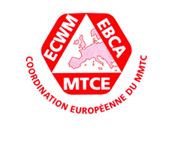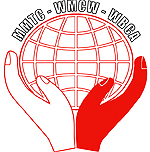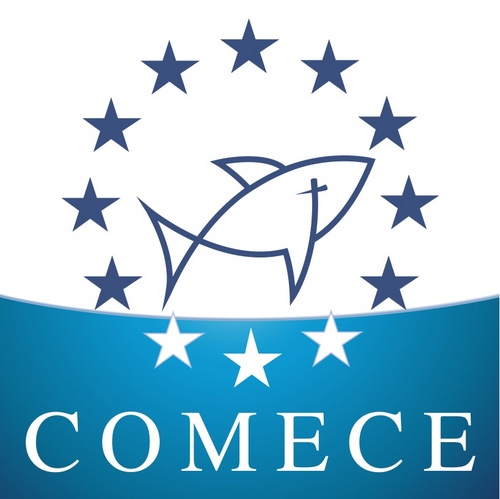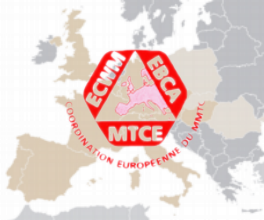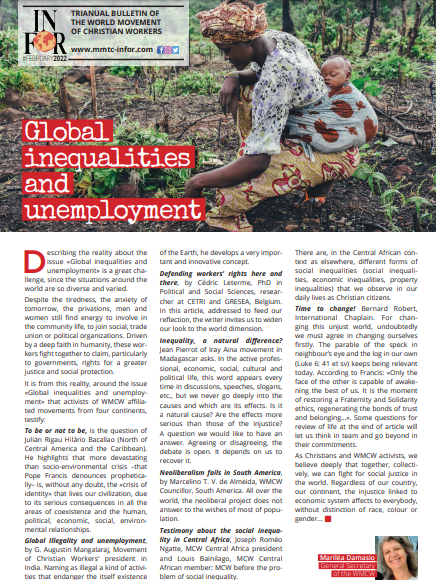
From February 14 to 16, the VII European Social Week was held in Milan. The motto was "Solidarity, Subsidiarity and Common Good - ways to overcome poverty and social inequality in Europe".
It has been attended by almost 100 people, from 21 countries in Europe, representing organizations, parties, unions and Christian movements concerned about justice and social rights. Mr. Antoine Hérouard, president of the Social Commission of COMECE and auxiliary bishop of Lille (France) has also attended. On behalf of the MTCE, we have attended two representatives.
The following presentations, presentations and panels have been developed:
- Ways to get out of the social crisis in Europe
- Changes that await us in the world of work. Work for all?
- The digitalization of the economy and work
- Reality and new challenges in social dialogue
- The new European social order
In this Social Week some lines of action and challenges for the future of Europe have been proposed:
- A policy of full employment - that promotes human dignity with measures that encourage the sharing of work or the general reduction of working hours to allow access to work by all;
- Harmonize the future of the company and the rights of workers
- Social dialogue and mutual trust. Need to rebuild this trust in each sector, company, country, etc.
- Support the transformation of the economic model so that the person becomes the center of social life.
- Promote the common good, equality, diversity and inclusion of all people;
- Improve the social status and protection systems are the most important tool to reduce poverty. Caring for the most vulnerable has to be a priority of a social Europe where more cooperation between states is needed.
- The introduction of an adequate European minimum income for all citizens, under conditions of equality between European countries, which would always imply pan-European solidarity.
The approach and perspectives on the future of work carried out in this Social Week have been interesting and can be a contribution, but this alone is not enough. Talking about poverty, about the number of people without any right or social protection can help to alleviate consciences, but it is necessary to know and feel its concrete reality, its difficulties and problems: "I know my sheep and my sheep know me" The poor in Europe They are not numbers, they are specific people, because they do not have work or their work does not give them access to an income that allows them to live with dignity. You have to change the paradigm, listen to the voice of those who do not have a voice. The future also implies that each of us believers, also change, implies a dimension of personal conversion, without forgetting that the concern for solidarity and respect for the common good in Europe leads us to a broader concern with all humanity and only It can be done globally.
